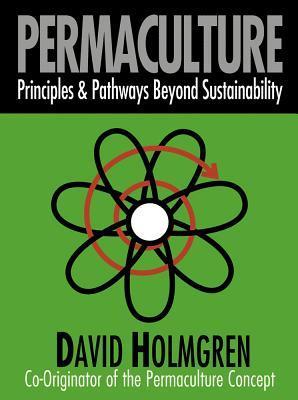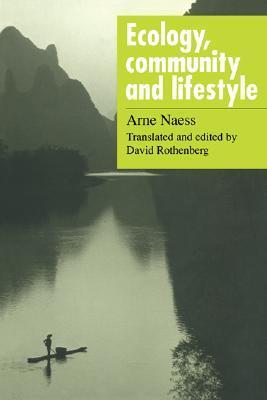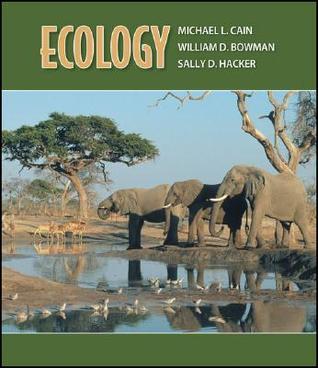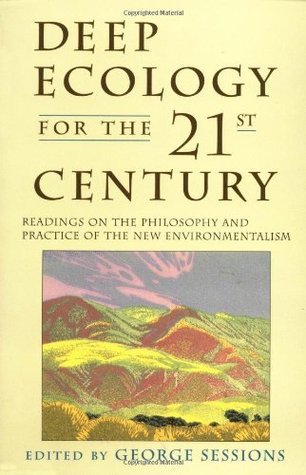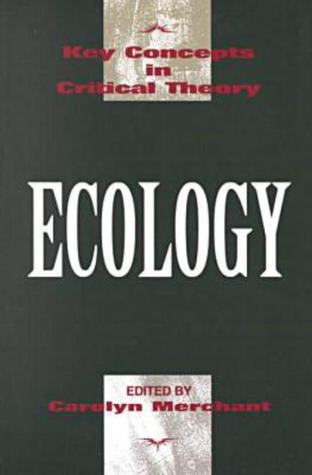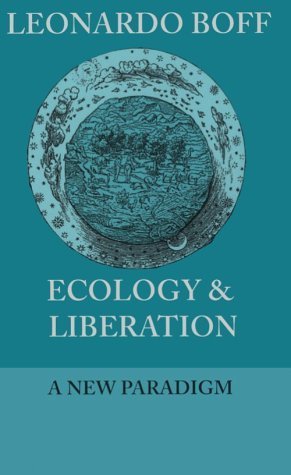
Ecology & Liberation: A New Paradigm
Book Description
Nature is on the brink, and humanity’s choices hang in the balance. In "Ecology & Liberation: A New Paradigm," John Cumming unveils a transformative vision that intertwines environmental justice with liberation movements. Each page crackles with urgency, urging a reckoning with ecological degradation and social inequality. Cumming presents a bold framework where interconnectedness fuels action, illuminating pathways to a sustainable future. As crises converge and communities rise, how can a collective awakening redefine our relationship with the planet and each other? Dive into this powerful exploration of hope, resilience, and the essential fight for our shared home. What will it take to rise and reclaim our future?
Quick Book Summary
"Ecology & Liberation: A New Paradigm" by John Cumming is an urgent and visionary call to action, exploring the profound interconnections between environmental justice and liberation theology. Cumming argues that ecological crises and social inequalities are intertwined, requiring a new ethical and spiritual paradigm. He critiques society’s exploitation of both nature and marginalized peoples, proposing an integrated framework for action rooted in solidarity, spirituality, and sustainable communities. By drawing on diverse liberation movements and theological principles, the book challenges readers to confront systems of oppression and ecological destruction together. Ultimately, Cumming inspires hope by demonstrating that collective, transformative change is possible, urging humanity to reimagine its relationship with the planet and each other before it is too late.
Summary of Key Ideas
Table of Contents
Interconnectedness of Ecological and Social Justice
Cumming begins by demonstrating how crises of environmental degradation and social injustice are inseparably linked. He argues that the exploitation of the Earth mirrors and magnifies systems of oppression against marginalized peoples. The same forces—colonialism, capitalism, and patriarchy—that subjugate communities also plunder the planet’s resources. This analysis reframes ecological issues not just as scientific or technical problems, but as profound moral crises rooted in unjust systems, making clear that reform efforts must address both environmental and social dimensions together.
Systems of Oppression in Ecology and Society
The book critiques current institutions and ideologies that perpetuate harm. Cumming identifies cultural narratives fostering human dominance over nature and stratification among people. He examines how profit-driven industrial systems thrive on extraction and inequality, systematically disempowering both local ecosystems and vulnerable communities. The critique extends to traditional theologies and philosophies that fail to recognize creation as sacred, urging a paradigm shift towards an ethic of interconnectedness.
Spirituality, Ethics, and Collective Responsibility
The heart of the book centers on a liberating spirituality that empowers communities to resist environmental destruction and social domination. Cumming draws from liberation theology, emphasizing the moral imperative for solidarity with the oppressed, whether human or nonhuman. He suggests a profound spiritual awakening is needed to transform how societies value and relate to the Earth. This involves reimagining ethical frameworks, embracing humility, and recognizing intrinsic worth in all forms of life.
Community-based Action and Resilience
Action and resilience are core themes, as Cumming highlights grassroots movements and real-world initiatives where people are already bridging the gap between ecology and justice. From indigenous land rights campaigns to urban environmental cooperatives, these examples illustrate how collective efforts foster both ecological restoration and social empowerment. The book advocates for community-based solutions, participatory decision-making, and the nurturing of local resilience in the face of converging crises.
A Vision for Sustainable Liberation
Cumming concludes by envisioning a sustainable future rooted in liberation and ecological balance. He offers a hopeful, albeit challenging, vision wherein communities reclaim agency, reconfigure economies towards equity, and heal their connection to the natural world. The path forward, he insists, demands radical transformation in how humanity perceives belonging—to each other and to the planet. Ultimately, the message is one of hope and urgency: only through collective awakening and action can liberation—in its deepest ecological and social senses—be achieved.
Download This Summary
Get a free PDF of this summary instantly — no email required.

